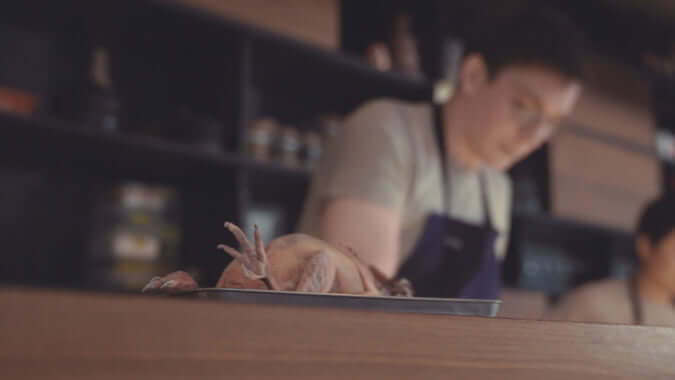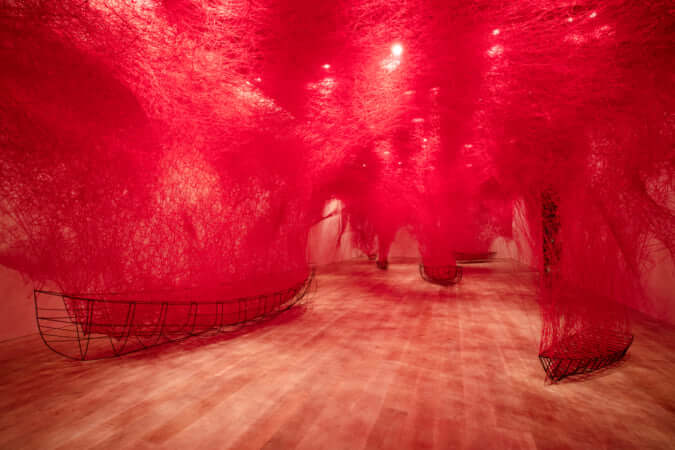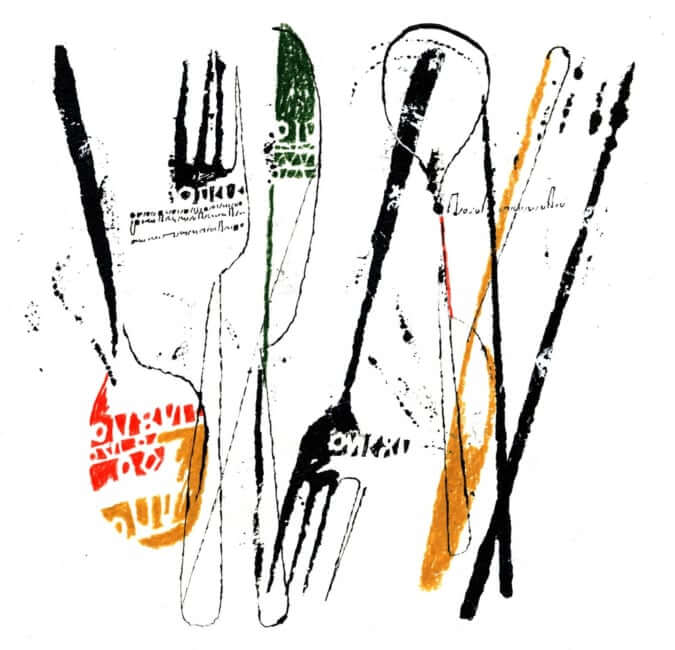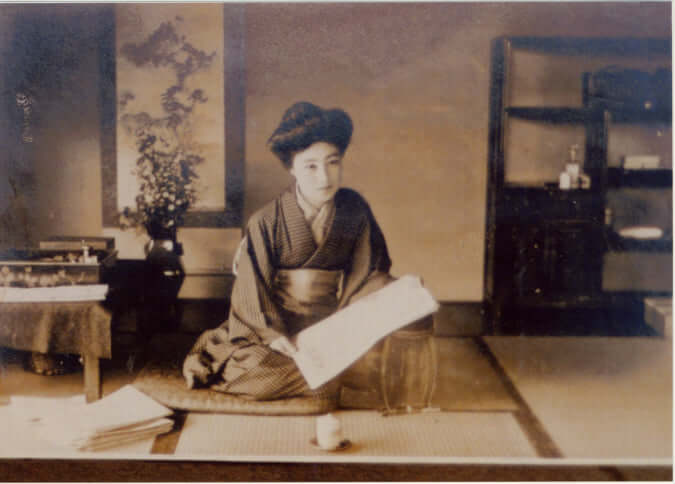Hakone Honbako, Japan’s Book Hotel
Each room in the hotel is furnished with a library and a small living room with its own selection of original titles.

© Hakone Honbako
Shelves lined with books cover the walls of Hakone Honbako hotel, located in the town of Hakone in the heart of the Fuji-Hakone-Izu national park. Here, relaxation and reading are at the top of the agenda. Open since spring 2018, Hakone Honkabo encourages visitors to disconnect from the world. Created by the company Ashikari, the establishment, nicknamed the ‘book hotel’, also houses a restaurant, a bookshop, a café, and a coworking space. Each room is furnished with a library and a small living room with its own selection of titles.
Books for sale
Around 12,000 books are spread across the floors of this unique space. All of them are for sale, offering an excellent excuse to take home a souvenir before the next visit. The establishment recalls the Tokyo-based chain of capsule hotels, Book and Bed, which also gives guests the opportunity to sleep among a multitude of books.
More information on the Hakone Honbako hotel on its website.
Address: 1320-491 Gora, Hakone, Ashigarashimo District, Kanagawa Prefecture 250-0408

© Hakone Honbako
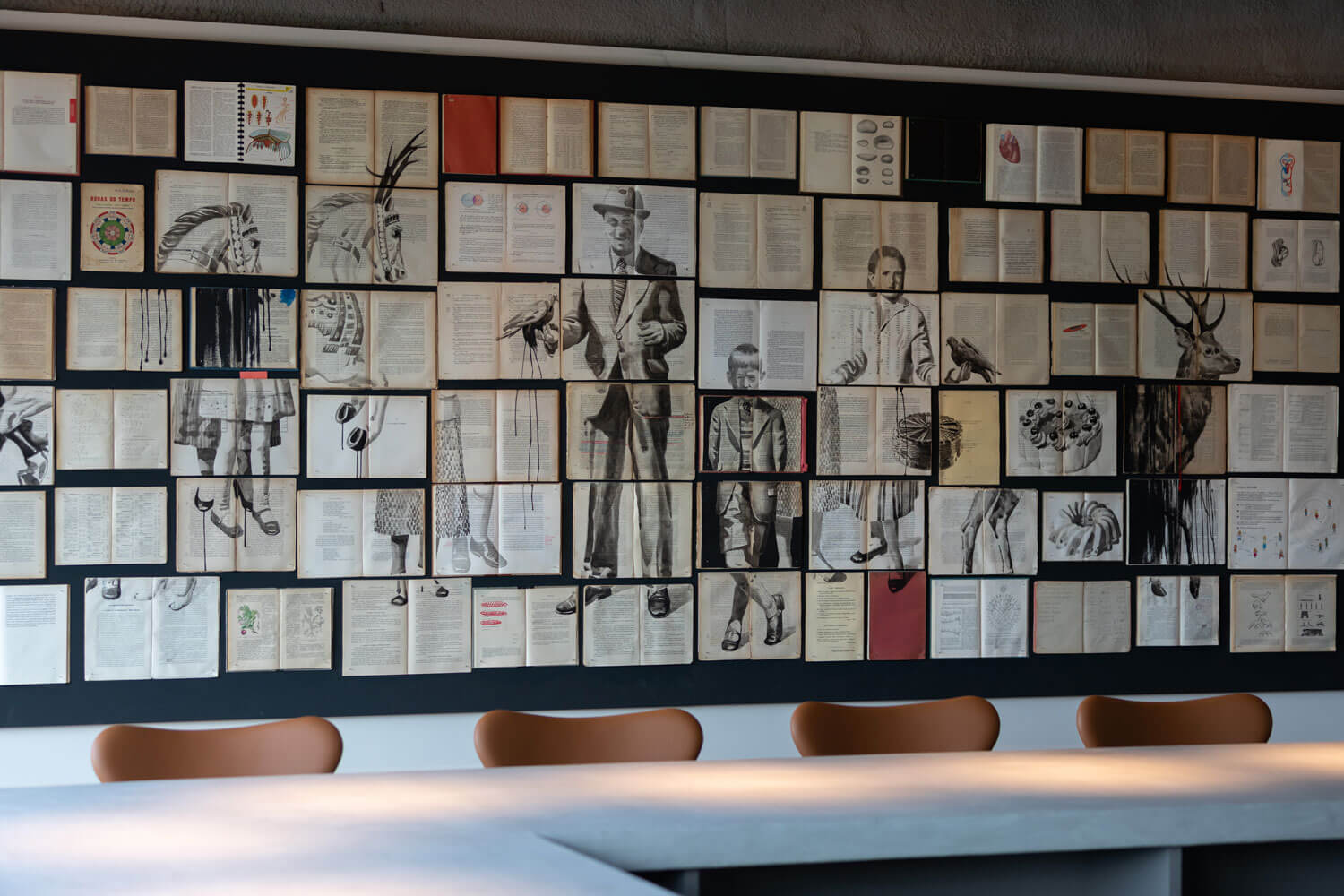
© Hakone Honbako
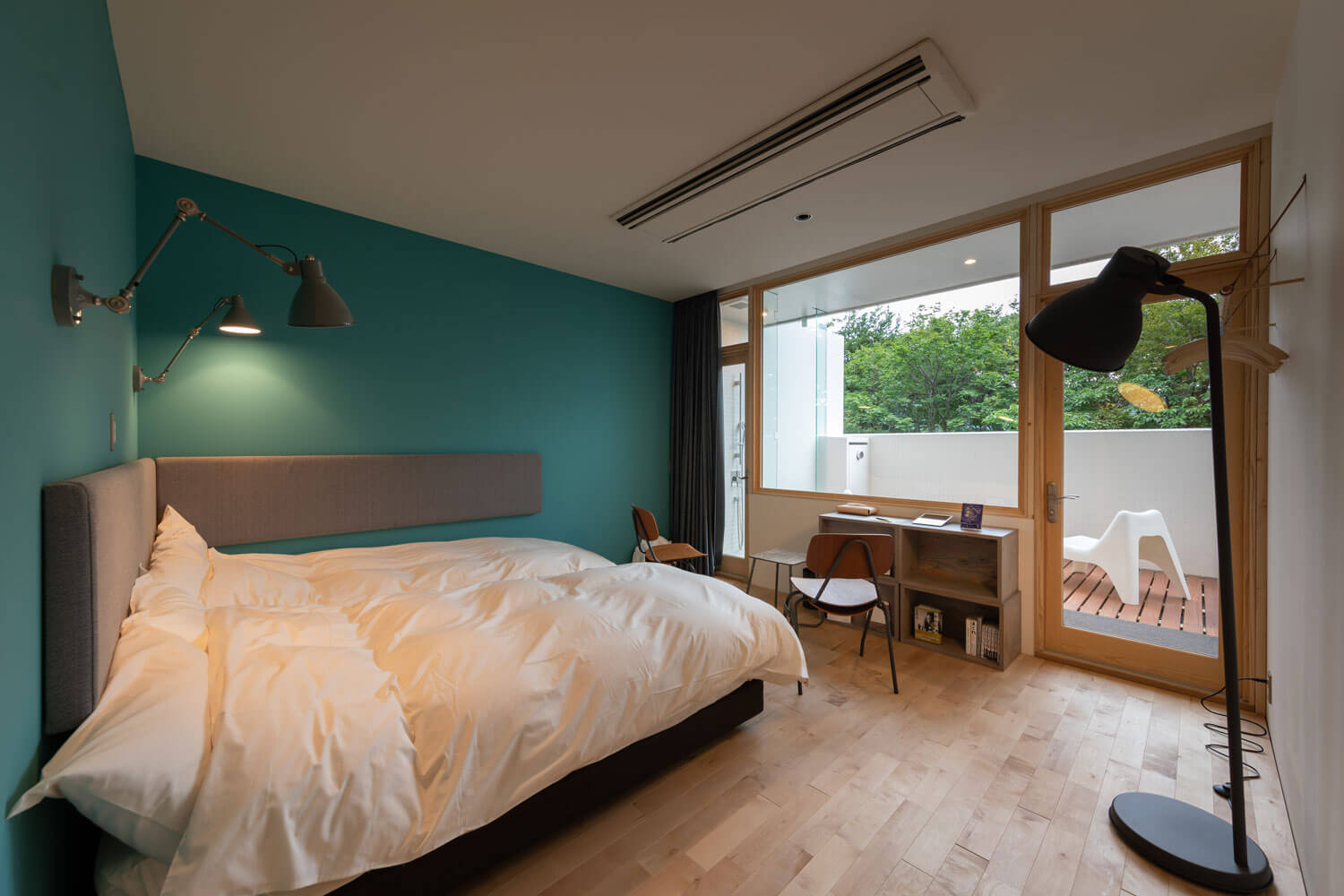
© Hakone Honbako
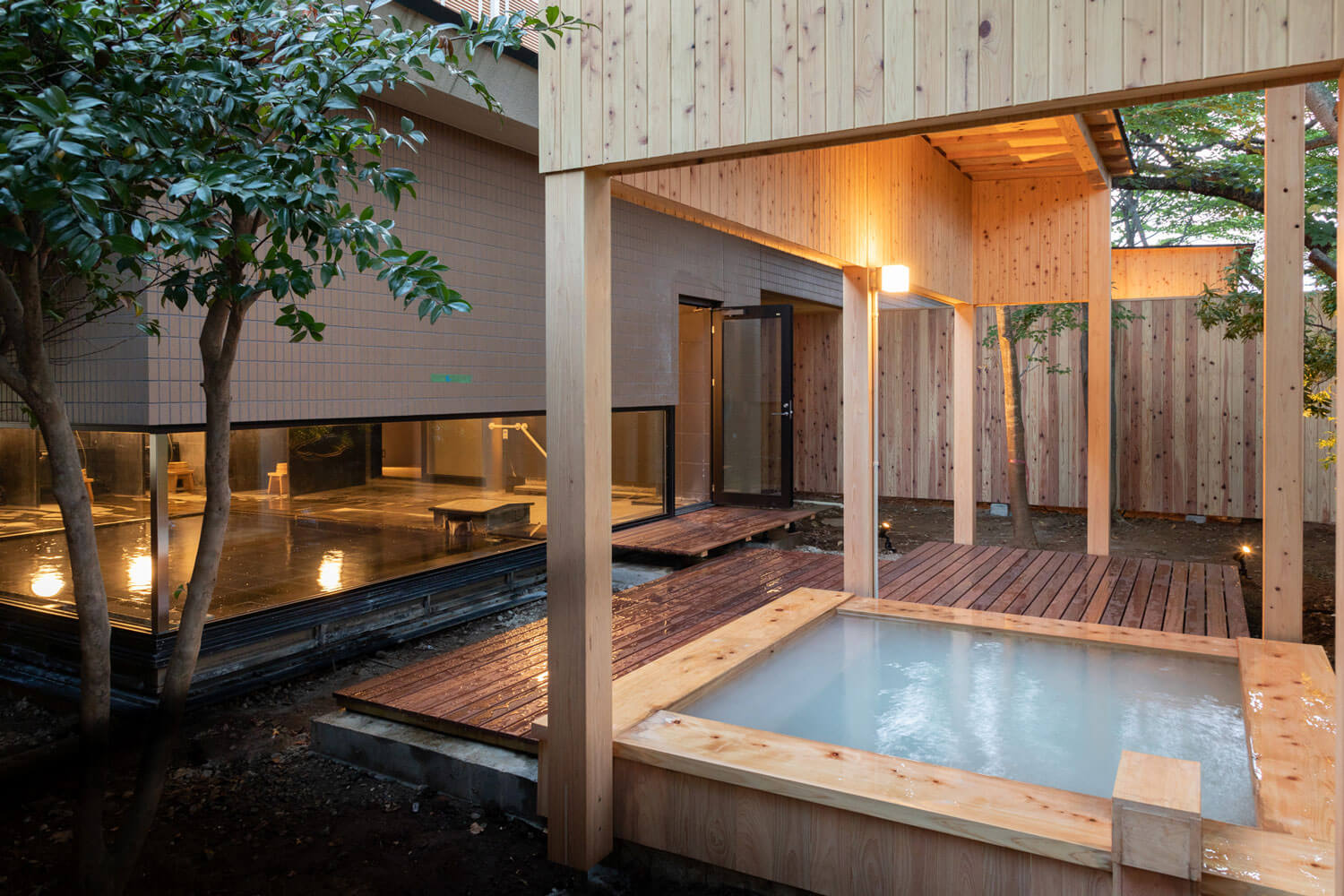
© Hakone Honbako

© Hakone Honbako
TRENDING
-
The Tattoos that Marked the Criminals of the Edo Period
Traditional tattoos were strong signifiers; murderers had head tattoos, while theft might result in an arm tattoo.

-
Paris, Tokyo: Robert Compagnon
With his co-chef and talented wife, Jessica Yang, Robert Compagnon opened one of the top new restaurants in Paris: Le Rigmarole.
 3:31
3:31 -
Chiharu Shiota, Red Threads of the Soul
Last year, more than 660,000 people visited the retrospective 'Chiharu Shiota: The Soul Trembles' exhibit at the Mori Art Museum.

-
‘Before Doubting Others, Doubt Yourself. Who Can Truly Say a Dish Isn’t What It Used to Be?’
In ‘A Non-Conformist’s Guide to Surviving Society’, author Satoshi Ogawa shares his strategies for navigating everyday life.

-
The Story of Sada Yacco, the Geisha who Bewitched Europe
Described by Dazed magazine as the first beauty influencer, she has been restored to her former glory since 2019.


